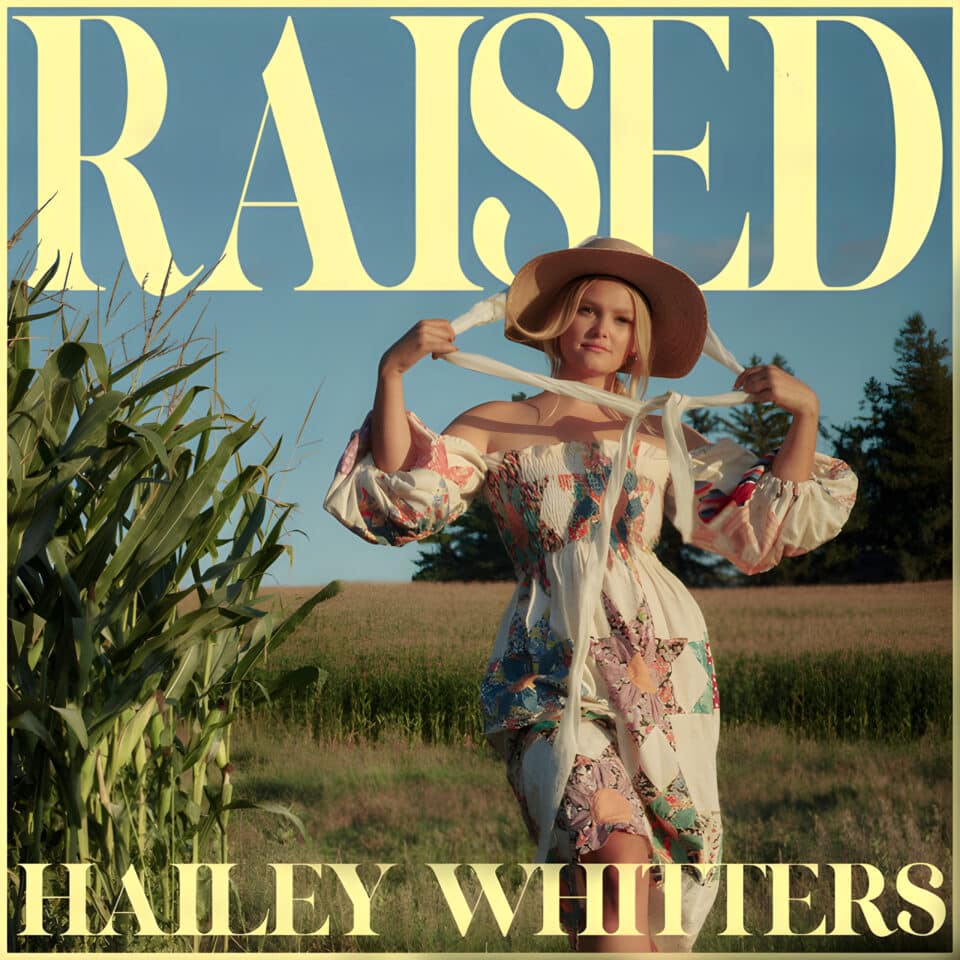Released: 1972
John Denver’s ‘Rocky Mountain High’ is a soulful ode to the beauty of Colorado and the transformative power of nature. It tells the story of a man who finds rebirth and peace in the Rocky Mountains, escaping his past and embracing a new, tranquil life.
The song begins with the protagonist, ‘born in the summer of his 27th year’, a metaphor for a man undergoing a significant change in his life. He’s ‘coming home to a place he’d never been before’, suggesting a sense of belonging and familiarity with the mountains, despite it being his first time there.
He ‘left yesterday behind him’, leaving his past and old life behind. The phrase ‘you might say he was born again’ suggests a spiritual rebirth, a common theme in country music, often linked to redemption and transformation.
‘When he first came to the mountains, his life was far away on the road and hangin’ by a song’ – this line indicates his previous life was unstable, possibly as a traveling musician. The ‘string’s already broken’ could refer to his guitar string, symbolizing the end of his old life.
‘But the Colorado Rocky Mountain high, I’ve seen it rainin’ fire in the sky’ – Denver uses the term ‘high’ to describe the awe-inspiring beauty and the literal altitude of the Rockies. The ‘rainin’ fire in the sky’ could be a reference to a stunning sunset or meteor shower.
‘He climbed cathedral mountains, he saw silver clouds below’ – this paints a picture of the protagonist’s spiritual journey, with ‘cathedral mountains’ symbolizing a place of worship and reverence. The ‘silver clouds below’ indicates he’s reached a high elevation, both physically and emotionally.
‘And they say that he got crazy once, and he tried to touch the sun’ – this line could be a metaphor for the protagonist’s ambitious or reckless past. Losing a friend but keeping his memory suggests a tragic event that had a profound impact on him.
‘Now he walks in quiet solitude, the forests and the streams, seeking grace in every step he takes’ – this illustrates his newfound peace and connection with nature. He’s turned his sight ‘inside himself to try and understand the serenity of a clear blue mountain lake’, indicating introspection and self-discovery.
‘Now his life is full of wonder, but his heart still knows some fear’ – despite his transformation, he still carries some fear, possibly of the modern world encroaching on his sanctuary, as suggested by ‘while they try to tear the mountains down to bring in a couple more’.
‘I know he’d be a poorer man if he never saw an eagle fly’ – this line emphasizes the protagonist’s deep connection with nature and the fulfillment it brings him. The final verses, with friends around the campfire and everybody’s high, evoke a sense of community and shared appreciation for the beauty of the Rockies.








